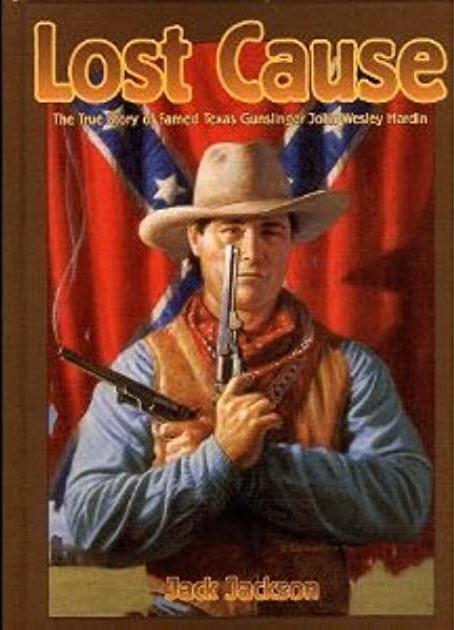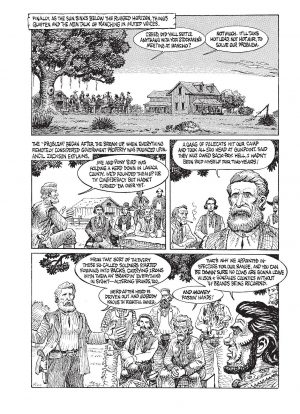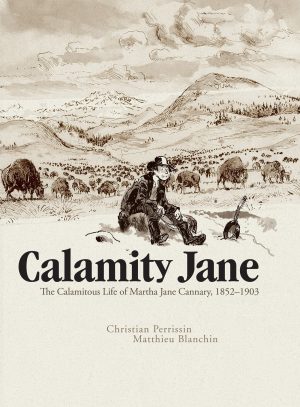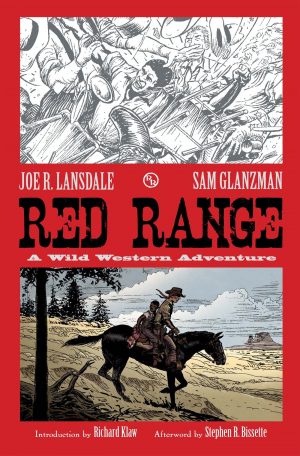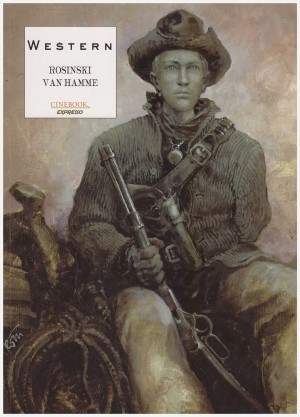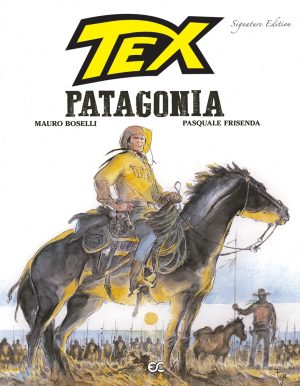Review by Ian Keogh
Lost Cause’s subtitle indicates a biography of gunslinger John Wesley Hardin, which is blatant mispresentation, apparently on the publisher’s part, not that of Jack Jackson. Jackson’s interest is in all aspects of the Taylor-Sutton feud, now a relatively obscure piece of history except in South Texas. There it can still cause debate, and indeed one is the very naming. Wikipedia’s entry is for the Sutton-Taylor feud.
Known for the in-depth historical research applied to his projects, Jackson provides an introduction noting how fact and folklore aren’t very different when investigating the generational feud, and declaring his his sympathies lie with the Taylor side. He opens on Creed Taylor’s ranch in Eclecto in 1857, discussing the practice of claiming ‘wild’ cattle, although many aren’t very particular about where they acquire their stock. Hypocritically, local ranchers resent Mexican traders siphoning off cattle and attack their convoys, leaving businessmen deeper south short of stock and resources. The tensions are then further complicated by the disagreements raised by the Civil War.
The social causes of the feud are many, and Jackson lays out the resentments leading up to it in detail simultaneously providing historical context, but while that’s conscientious, Jackson’s not good at distilling to the essence. Even his accomplished cartooning can’t prevent Lost Cause from being very dry despite a heady brew of racism, cowboys, Yankees and Rebels, voting fraud and corruption. Toward the end there’s even an election where the incumbent refuses to accept the result.
Whatever the other problems, even given Jackson’s sympathies, he clarifies that a number of the extended Taylor family consider it perfectly acceptable to kill at random, and have absolutely no respect for the army who enforce what law there is. This leads to them becoming outlaws, and the involvement of law officer Billy Sutton, responsible for the deaths of two Taylors. Ultimately it draws in much of the state, with those ostensibly representing the law behaving no better than the outlaws. A bill is eventually passed to formalise law officers, but jobs for the boys means few changes, and the Sutton faction set about settling scores. When John Wesley Hardin escapes, his legend begins.
Jackson portrays people as they were at the time, not the way some might want them to be. This means the use of offensive language when referring to African-Americans. There was much resentment in all Southern states after the Civil War, and that manifests in the way freed slaves are referred to and treated in Lost Cause. It is offensive, but to deny the reality would be worse.
What’s brought through well is the human cost and the blindness. Dozens die, yet treaties are broken and the killings continue. Hardin emerges as the best known participant by virtue of being one the few gunslingers to write his autobiography, although he’s also eventually shot dead.
Jackson’s explanations involve an extremely large cast, both among those involved in the feud, and those standing above it, and he opts for the total picture irrespective of how complicated that makes it to follow. Only the most diligent readers are going to be able to keep everyone and their allegiance in mind. If you’re among them you’ll find a fascinating picture of the times, but others will find this too dense and off-putting.
Lost Cause is long out of print, and is now more easily located combined with an earlier Jackson work in hardcover as Los Tejanos and Lost Cause.
